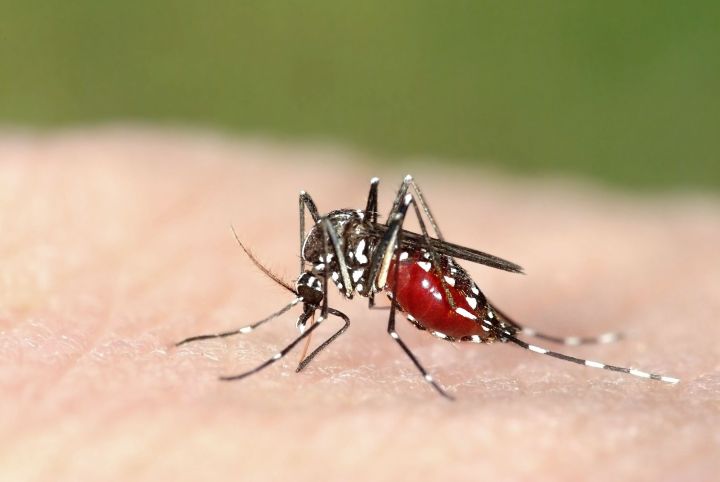
“This is a major milestone in Europe’s public health history and in the efforts to eliminate malaria globally,” said Zsuzsanna Jakab, WHO regional director for Europe. Attributing this victory to a combination of political willpower, better disease detection and surveillance, mosquito control, and intra-continental collaboration, the WHO applauded Europe’s commitment to wiping out the ailment. But still, there remains work to be done across much of the rest of the world.
Outside of Europe, there were 214 million reported cases of the disease; 438,000 of which ended in death. The majority of these cases remain centered in sub-Saharan Africa. That said, the U.N. agency is optimistic that malaria could soon be a disease of the past in more countries across the globe. On Monday, the agency noted, “WHO estimates that 21 countries are in a position to [end malaria by 2020], including 6 countries in the African Region, where the burden of the disease is heaviest.”
This lofty goal is made possible in part by the 2030 Agenda for Sustainable Development, which the organization adopted in September, and which seeks to eliminate malaria altogether. And while Europe appears to be on the path to success, experts warn that vigilance is key to maintaining the continent’s current status.
“Until malaria is eradicated globally, people travelling to and from malaria-endemic countries can import the disease to Europe, and we have to keep up the good work to prevent its reintroduction,” Jakab said.


